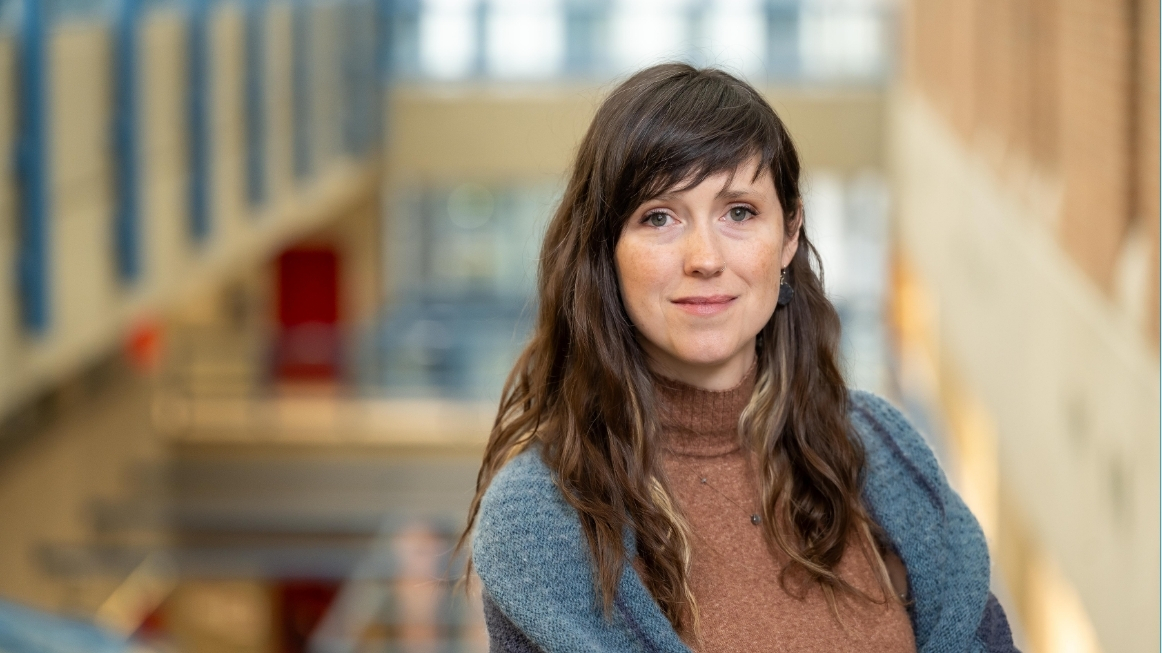

Microaggressions are defined as the everyday, subtle, and often unintentional interactions or behaviours that communicate a bias toward historically marginalized groups.
UBC UPLIFT Health Lab is currently recruiting participants to take part in their Daily Experiences and Health Study to better understand how the ups and downs of daily life affect adult health.
Dr. Nancy Sin and Lydia Ong, a MA student working in the UPLIFT Health Lab, reveal the purpose of their study and how microaggressions can affect our mental and physical health.
What is the purpose of this study?
The purpose of the Daily Experiences and Health Study is to understand how people’s daily activities and feelings influence their health and well-being, and whether these change over time.
What do we currently know about the mental health consequences associated with microaggressions?
A number of studies have shown that microaggressions (and everyday discrimination) can have lasting, negative impacts on health and well-being.
Microaggressions have been associated with depression and poorer self-rated mental health up to 20 years later, as well as health consequences that include impaired sleep, high blood pressure, elevated inflammation, and faster cellular aging.
These changes in mental and physical health are evident in day-to-day life. For instance, previous research in racially-diverse samples found that negative emotions, depressive symptoms, and physical symptoms were elevated on days when microaggressions occurred, and these effects could linger to the following day.
Although these daily fluctuations in mental and physical well-being due to microaggressions might seem transient, these effects have been shown to accumulate over time to put people at greater risk for developing depression in the future.
What can people expect if they are interested in participating?
Participants would engage in two Zoom sessions with a research assistant, and they will be asked to respond to brief mobile surveys about their experiences throughout the day for 14 days.
Additionally, we ask participants to wear devices to track their sleep and physical activity. At the end of the 14-day period, they will receive summary reports about their sleep and physical activity.
Participants will be invited to repeat this procedure 1 and 2 years later.
How to participate in the study?
If you are interested in participating and would like more information, please fill out this form: https://blogs.ubc.ca/dailyhealth/eligibility/
By Viktoriia Tian


